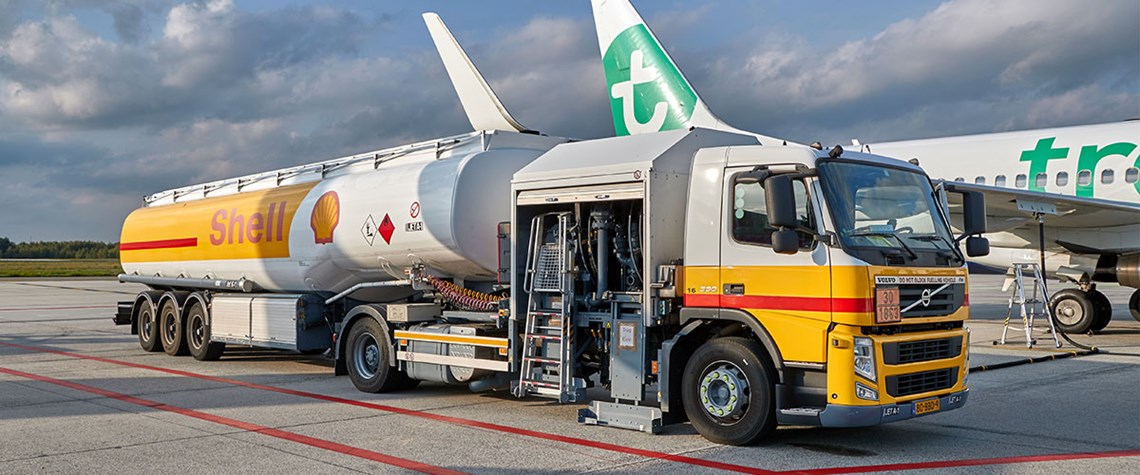SAF ‘most viable solution’ for aviation in short term – Shell
The oil major aims to scale up SAF production to help the aviation industry decarbonise
Aviation is cited as one of the hard-to-abate sectors, where options for reducing emissions remain limited. Transition Economist spoke to Jan Toschka, president of Shell Aviation, to discuss the major’s strategy amid increasing industry and government momentum to decarbonise the sector. What are some of the key challenges to developing ‘zero carbon’ aviation technology? Are certain technologies more suited for domestic versus long-haul flights? Toschka: To meet net-zero emissions in aviation, we need to explore every avenue available to us. At Shell, this involves supporting innovative R&D that helps develop new aviation solutions. In the future, new technologies such as electric-powered

Also in this section
17 July 2025
Oil and gas companies will face penalties if they fail to reach the EU’s binding CO₂ injection targets for 2030, but they could also risk building underused and unprofitable CCS infrastructure
9 July 2025
Latin American country plans a cap-and-trade system and supports the scale-up of CCS as it prepares to host COP30
3 July 2025
European Commission introduces new flexibilities for member states to ease compliance with headline goal
1 July 2025
Supportive government policy, deforestation threat and economic opportunity drive forward the region’s monetisation of forest carbon








